Self-help books have helped millions of people to transform their lives through building awareness and by providing tips for activating one’s will and agency.
My first self-help book – The Road Less Travelled by Scott Peck – was one of the catalysts for my own transformational journey and recovery from addiction and disordered eating. 20 years later, it is one of many great self-help books that I find myself recommending to clients again and again!
If you enter any therapist’s office, you will undoubtedly find a great bookshelf, full of self-help books. In this blog post, 25 counsellors and psychotherapists from around the globe share 25 life-changing self-help books that helped them and their clients to heal and grow.
1. Wherever You Go There You Are: Mindfulness Meditation in Everyday Life
Wherever You Go There You Are is one of the great self-help books, it is an amazing concept in itself and this book invites us into a new way of living so that we can truly be wherever we are. It offers something for everyone, from the beginner to the more experienced practitioner of mindfulness.
The first part of the book introduces us to the present moment and foundational ideas of mindfulness, the second speaks to the practice of mindfulness and provides full scripts to integrate it immediately and the third part extends the practice of mindfulness into the spirit of everyday life.
I love how many of the chapters end with a ‘try’ section so that we are supported to apply it directly in our own life. This book has been a life changer for me and is the best book I have found on understanding and incorporating mindfulness into my life. Ellie Hodges, Counsellor & Coach, Adelaide, Australia.
2. Recovery of Your Inner Child
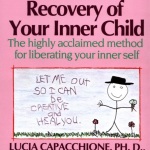 by Lucia Capacchione Ph.D.
by Lucia Capacchione Ph.D.
This book is one of the most essential self-help books and is a wonderful resource for anyone wanting to do inner child work and strengthen the Self.
Recovery of Your Inner Child provides structured exercises in creative expression and in this book we learn how to meet, accept, nurture and celebrate our inner child. After completing only a couple of chapters, I found inner resources that have enhanced both my psychotherapy practice and personal life. Terrye Vaughn, Expressive Arts Therapist, Grad.Dip. Counselling, Sydney, Australia.
3. Emotional Healing for Dummies
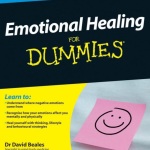 by Dr David Beales and Helen Whitten
by Dr David Beales and Helen Whitten
This is one of the most useful self-help books there is. There is a lot of practical advice to help us to support ourselves when we are going through a difficult time.
The thing I most value about this book is the way the authors really understand that when it comes to emotions, there cannot be separation between mind and body: emotions are always both physical and mental.
To me, this book is a bit like a box of dozens of colourful crayons – each ‘crayon’ being a technique or idea which we might want to try out and blend as we gradually create a unique map of our own personal journey of emotional healing. Emma Cameron, Integrative Arts Psychotherapist, Essex, UK
4. Self-Compassion: The Proven Power of Being Kind to Yourself
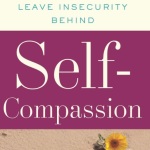 by Kristin Neff, Ph.D.
by Kristin Neff, Ph.D.
This s book highlights the ways that self-compassion can lead to greater happiness, health and success. Dr. Neff has extensively researched the benefits of being gentle, kind, and forgiving with ourselves and shows us how self-criticism fails us.
I enjoyed Dr. Neff’s honest and personal stories; they reminded me that we all make mistakes and deserve forgiveness and compassion. I notice that many of my clients are plagued with negative self-talk and self-defeating thoughts and they beat themselves up over all sorts of things without even realizing they are doing it. This book contains some great exercises for building self-compassion – the exercises help to gain awareness and teach how to make changes.
This is one of the best self-help books there is. I have recommended this book to many clients and they have all found it relevant and easy to read. Sharon Martin, LCSW San Jose, CA.
5. Fearless: The 7 Principles of Peace of Mind
by Brenda Shoshanna
Fearless helps us to develop practical skills for overcoming fear in life. This book is practical, grounded and full of wisdom and practical tips on fear and how we can overcome its debilitating grip. Brenda combines the best of East and West to show us how we can be courageous – helping us to be more authentic, accepting, loving as well as how we can have more fulfilling relationships.
For me, this book was immensely helpful as I could see where I was letting fear take over, such as being afraid to really be myself for fear that people wouldn’t like certain aspects of me. I learnt that we can all relate to wearing that mask of protection and hiding, and that the mask was actually stopping me from having a deeper connection to others – the opposite of what I wanted. In Fearless, I guarantee that you will find a few gems of wisdom (and exercises) that will help you to positively transform your life and your relationships. Selina Clare, Psychotherapist & Ecotherapist. BA, MPsychotherapy (1st Class Hons).
6. Iron John: A Book About Men
In the folk tale which the self-help book is based on, a young man frees a wild and dangerous seeming giant called Iron John, who becomes his ally and mentor. With Iron John’s help, the young man endures poverty, protects the kingdom, and eventually wins the hand of the princess, to become king.
It’s a nice tale, well told and well analysed from a Jungian perspective, but why out of all the psychological books I’ve read, am I particularly recommending it to you? Firstly: it’s insights on the Male Mother’s (read mentor, if that seems too strange) irreplaceable role, and its effect on male identity, will strike a chord with all men. Men have got lots to learn from women, but there are some things they need to learn from other men. Second: this book is a guide for finding potency and wildness that is not abusive towards or rejecting of women or femininity. Third: because as a poet Bly really can write.
This book will capture your imagination in ways that other books trying to address these topics won’t. As a non-macho, thinking man, this book helped me to like men more, and it helped me to feel more independent and more intimate in my relationship with my partner.
Iron John is essential reading for men and anyone who wants to understand them – it is a classic, powerful, and very readable book. Michael Apathy, Psychotherapist & Counsellor, BA, MHsc, Sydney CBD, Australia.
7. Anatomy of Peace: Resolving the Heart of Conflict
This self-help book is about the journey from being at war to being at peace. The intention is to look into ourselves and determine how we are approaching our interactions with those around us; if we are able to see them as the people that they are with struggles and pain or if we see them merely as obstructions that get in our way.
Anatomy of Peace is amazing because it highlights those areas that are difficult to put into words at times as shape is given to the struggles that everyone has. This helps me to realize when I am no longer being my best self and what that might look like when I interact with others.
This book is particularly useful for people who are angry – it shows them how to re-examine what it is that they are angry at and how to then move to a more peaceful existence. Matt Nelson, MS LMFT-intern, Las Vegas, NV
8. Eat, Drink, and Be Mindful: How to End Your Struggle with Mindless Eating and Start Savoring Food with Intention and Joy
This book provides a gentle, effective and hands-on approach to how we can change our relationship with food and our body. Like all good mindfulness books, the emphasis is on actually doing mindfulness rather than reading about the theory.
There are pages and pages of useful exercises, but one of my favourites is “A Mindful Chocolate Meditation”. Albers believes that rather than cutting out particular foods, like chocolate, we should aim to eat food mindfully, which in turn will help us to eat in moderation.
A refreshing and welcomed alternative to the ever-growing dieting culture. Dr Jacqueline Baulch, Melbourne, Australia.
9. Facing Heartbreak: Steps to Recovery for Partners of Sex Addicts
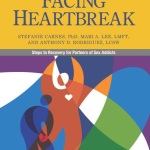 by Stefanie Carnes and Mari A. Lee
by Stefanie Carnes and Mari A. Lee
When someone discovers that the person they loved and trusted most in the world is hiding a secret life as a sex addict, the result can be devastating. Facing that heartbreak is what this book is all about. As far as self-help books go, it weaves real life stories with practical therapeutic advice and specific tasks that gently educate, empower, and guide the partner of the the person suffering with sex addiction through a process of recovery.
This book is so incredibly accessible. It has amazing interventions that can be done at home with/or integrated into a client’s therapy process. The book is respectful, well-written, and transformational. This book was written by Mari A. Lee, LMFT and her co-authors who are experienced Marriage and Family Therapists and Certified Sex Addiction Therapists, as well as former partners of sex addicts.
Partners of people suffering with sex addiction need support to work through the trauma of betrayal. Facing Heartbreak is chock full of practical tools that are incredibly helpful in supporting the healing journey. Additionally, it is very important that they feel validated and honored and this workbook and information serves to help support, connect and validate the partner’s trauma while offering hopeful steps forward. Miranda Palmer, LMFT, Seattle, WA.
10. When Panic Attacks
This amazing book teaches us how to identity our negative thought patterns and plug into more reasonable, rational thoughts. It allowed me to really hone in on thought patterns that weren’t useful and many of my clients are thrilled with the simplicity of it. It shows us that sometimes it REALLY IS that easy to become aware of and change our thoughts! Do yourself a favour and add this to your self-help books list Traci W. Lowenthal, Psy.D., Licensed Clinical Psychologist, CA.
11. Hold Me Tight – Seven Conversations for a Lifetime of Love
The book is about how to get more love, support, and companionship in our intimate relationships.
What I loved about it was the stories from Dr Johnson’s practice, which demonstrate practically how to nurture, protect and grow our relationships. It is really useful because it blends the best research findings about what works to improve better communication between couples, with a writing style that is practical and easy to read. Marg Ryan, Relationship Counsellor, Psychotherapist, BArts. MBusPsych. ClinDipSomPsych, Melbourne, Australia.
12. The Courage to Heal: A Guide for Women Survivors of Child Sexual Abuse
This is one of the best self-help books of all time. It gives women survivors a context for their experience, what to expect in the phases of healing, practical exercises to help with healing, and stories of fellow survivors to let them know that they are not alone.
The Courage to Heal and the accompanying workbooks also provide guidance & support to help those close to survivors. The 20th anniversary addition has been updated and includes sections on Trauma and the Brain, as well as reassuring accounts of long-term survivors. The Courage to Heal has been an invaluable resource to every woman survivor of child sexual abuse that I have known — and there are many. Renee Beck, LMFT, Oakland, CA.
13. Super Commuter Couples: Staying Together When A Job Keeps You Apart
More and more couples are spending time apart due to long commutes or frequent business travel. This book is a resource for keeping those relationships strong. The first half is made up of interviews with people in a variety of super commuter relationships. The second half contains advice and tips for staying connected, the practical parts of navigating a super commute, and mottos for managing stress and overwhelm.
This book takes fresh look at couples in modern times and addresses the changing needs of couples staying connected in the fast-changing workforce and technological age. It’s a valuable resource not only for couples who super commute, but also for therapists who help couples deal with this growing trend. The chapters are short so it’s a quick read but full of useful information.
It provides readers with important information, super commuter couples’ experiences, and helpful resources to assist couples in being connecting despite not a lot of time together physically. It’s also great information for couples who find demands of everyday life taking time away from them being together. Deb Hennen-Bergman, M.A., LMFT, Minneapolis, MN.
14. The Feeling Good Handbook
The front of the book encapsulates the benefits of the book: “overcome depression, conquer anxiety and enjoy greater intimacy”.
This is the basic book I recommend to people who are suffering with anxiety, depression and who may have limited knowledge about thinking patterns, managing moods, dealing with anxiety and communicating. It is designed to provide psycho-education, while at the same time giving an opportunity to practice the skills taught through activities and assignments to complete. It breaks everything down, so it is easy to understand.
What I love about the book is how much my clients relate to it. They read it and say things like “Oh I do this” or “I used all-or-nothing thinking today”. Having my clients read this book helps to accelerate their therapy because they are now doing their work inside the session and outside. Amanda Patterson, LMHC, CAP, NCC, Pembroke Pines, Florida.
15. Eating in the Light of the Moon: How Women Can Transform Their Relationship with Food Through Myths, Metaphors, and Storytelling
In Eating in the Light of the Moon (now available as an online retreat), the author discusses a range of issues related to body image and disordered eating through the use of myths and storytelling. It’s hard to articulate how powerful the chapters are but trust me – review after review also states similar sentiments! This is the best book out there for women to explore their relationship with their body and food. I found myself highlighting passage after passage that resonated with conversations I’ve had with clients.
I have recommended this book to many who have come to see me to work on perfectionism, negative body image, and negative relationships with food. Several have said “out of all the self-help books, this book changed my life.” Megan Bearce, LMFT, Minneapolis, MN
16. The Dance of Connection: How to Talk to Someone When You’re Mad, Hurt, Scared, Frustrated, Insulted, Betrayed, or Desperate
In this wise and warmly written book, Harriet shares how we can develop a clear and authentic voice to define a clear position with those we love and are close too. This book has guided me towards how to behave with integrity and calmly navigate the difficult patches in my most important relationships, while also honouring my relationship with myself. Lerner gives instruction on how to have a clear but also flexible bottom line and how to respect our own intuition in relating to others.
I have often recommended this book as a resource in couple’s therapy as well as to couples who are undergoing marital separation and relationship breakdown. It helps them to have a clearer understanding of themselves in the context of what they are experiencing in their relationship, and their own reactions to those experiences. My clients have often commented that this book has saved them from saying that which they would later regret. They understand more fully their own reactivity under relationship stress and are able to move towards a more healthy and grounded response.
I cannot recommend The Dance of Connection enough as far as self-help books go! Marcia Watts, Counsellor & Psychotherapist, MCouns, B. Soc. Sci.
17. Daring Greatly: How the Courage to Be Vulnerable Transforms the Way We Live, Love & Parent
Daring Greatly shares Brown’s grounded theory research on vulnerability, imperfection, shame, and wholeheartedness. Throughout the book, she offers stories from real life around messages and experiences that have kept people feeling small and disconnected. She also unpacks examples of how people are embracing vulnerability to live more fully and courageously in their jobs, relationships, communities, and/or as parents.
Daring Greatly and Brown’s shame resilience model has rocked my world personally and professionally in profound ways. For the past 2 years, I have tried to live my life by daring with clients, supervisees, consultantees, in personal relationships and walking my talk.
Many of my clients have been to 5-20 years of therapy, coaching or spiritual work and read most self-help books and Huffington Post, MindBodyGreen or Elephant Journal articles before coming to see me. No matter how much time, money or energy they have spent, they have felt alone in their struggle, heartbreak, failures, perfectionism, shame or stuckness. I recommend Daring Greatly because it lets them know that they are not alone in their struggles. They can also begin to feel unstuck by practicing self-compassion and reaching out for empathy outlined in the book. This opens the keys to feeling more connected and knowing that they matter, belong, and are lovable. Amy Tatsumi, MA, LPC, ATR-BC Daring Way™ Certified Facilitator-Consultant, Washington, DC.
18. The Gift of Therapy
Yalom describes this book as “an open letter to a new generation of therapists and their patients”.
He explores the therapist-patient relationship, the therapeutic process, content, different issues in therapy, the value of dreams and the hazards and privileges of being a therapist.
For clients who are in – or thinking about entering therapy – it provides a depth of understanding about what the psychotherapy process is all about, how therapy works, that we are not alone on our travels and how therapy is a unique journey for each of us. Julie Wooster, Counsellor, Sydney, Australia.
19. Your Inner Will
Psychosynthesis psychotherapist, Pierro Ferrucci’s latest book on crisis and resilience, “Your Inner Will”, continues in the current tradition of transpersonal psychology by taking a unique approach to post traumatic stress development and resolution from a soul’s perspective.
Providing a unique map of soul trauma, Ferrucci develops a map of the rocky terrain of crisis and resolution, with the hope of soul restoration. The key to the map is that it lets us know that we are not alone, even though we may feel temporarily lost.
This book brings light and hope, and gives purpose, meaning and value to the experience of a dark night of the soul. A great read and an excellent resource. Bernadette Devine, Psychosynthesis Psychotherapist, Buckinghamshire & London, UK
20. Healing the Shame that Binds You
This is Bradshaw’s bestselling book looking at shame. He distinguishes between toxic shame, which is when we take on shame as an identity and healthy shame which is needed for society to function.
I first read this book in 2006 and loved Bradshaw sharing his own experience of shame as a recovering alcoholic and an abuse survivor.
Healing the Shame is written in an accessible way and can help us to understand and make sense of our feelings and behaviour relating to issues of abuse, addiction, abandonment, co-dependency and trauma through learning about the childhood roots of our adult shame. Laura Hollywood, Counsellor, BSc, Dip Couns., London, England, UK.
21. Facing the Shadows: Starting Sexual and Relationship Recovery
Facing the Shadow is an innovative workbook that helps readers begin meaningful recovery from an often misunderstood addiction. This book guides us through the first seven tasks in Dr. Patrick Carnes’ researched-based thirty-task model of treatment—the most respected therapy model available for treating people with suffering with sex addiction.
As a sex, porn and love addiction therapist, the primary reason I use this book is to support hope, recovery and focused non-shaming and safe healing in the recovering sex addicts I work with.
My clients share that having a workbook to support their healing with practical tools and real life examples is incredibly helpful in starting the healing journey. Additionally, this information serves to help build insight into many other aspects of life and relationships, while offering hopeful steps forward. Mari A. Lee, LMFT, CSAT-S, Licensed Marriage & Family Therapist, Certified Sex Addiction Therapist & CSAT-S Supervisor, Glendora, California
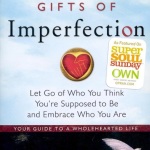 22. The Gifts of Imperfection; Let Go of Who You Think You’re Supposed to be and Embrace Who You Are
22. The Gifts of Imperfection; Let Go of Who You Think You’re Supposed to be and Embrace Who You Are
by Brené Brown
The Gifts of Imperfection is separated into different guideposts to help us learn how to let go of who we thought we had to be, and to learn a new way to be our true selves – without the masks and perfectionism.
Brené ‘s work came into my life as I was considering a major career change; I had burned out in corporate America. This book was like a permission slip to let go of all of the behaviors of the past and the freedom to finally be the person I wanted to be – when I grew up, lol (I’m 51 years old). I enjoy my life so much more now and no longer feel the need to be someone I am not. There truly are gifts in imperfections and when we can learn to accept ours, it’s easier to accept others as well 🙂
I like how Brené presents the information in a fun, friendly, Texas fashion! Linda MacIsaac, MS, LPC Intern, Aransas Pass, Texas
23. Love’s Own Truths
Hellinger’s book uses constellation work to make visible dynamics operating in the family system and how entanglements negatively impact what he describes as the natural flow of love. This flow according to Hellinger occurs when the natural order within the family is in harmony, which means all members have taken their rightful place and are acknowledged in that system.
I love how fearlessly Hellinger names the reality of each particular system; the pain, consequences and joy all equally without judgment. This was what changed my life, I saw my system in light of this and it allowed me a freedom I had never felt before even though it came with pain. I had respect for the order and let go of the struggle, welcomed the pain and also the joy and wonderful things happened within my marriage and for my family.
We can use constellation work to acknowledge and make visible our whole field of influence. This strengthens us and shows us that healing can occur at a much deeper level. Kylie Beattie, Managing Director Byron Private Treatment Centre for Addiction, Disordered Eating & Mood Disorders, Byron Bay
24. Today I Feel Silly and Other Moods That Make My Day
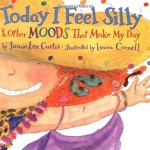 by Jamie Lee Curtis and Lora Cornell
by Jamie Lee Curtis and Lora Cornell
This book is great for young people. It does a wonderful job illustrating what various moods can look like and it helps to normalize behaviors through the rhymes. Today I feel silly shows the reader that everyone has moods that can change – day by day – based on various situations.
In addition, there is a feelings wheel at the back of the book where kids get asked to show how they are feeling today. Generally, I use this book as a jumping off point to help children understand that they are not alone and that other kids, such as the main character in the book, may feel similar to how they feel. Liz Morrison, LCSW, New York, NY.
25. No-Drama Discipline: The Whole-Brain Way to Calm the Chaos and Nurture Your Child’s Developing Mind
Along with Attachment-Focused Parenting: Effective Strategies to Care for Children, No Drama Discipline is one of my new go-to self-help books for parents. Having been to the International Childhood Trauma Conference to see Dan Siegel live, as well as being a mum through the local permanent care/adoption program, I couldn’t wait to get my hands on this book!
Attachment theory as the basis for parenting has been used for many years to help build connection in families who have found each other through foster care and adoption – Dan Siegel now brings this way of parenting into the mainstream. This is vitally important as there is a plethora of research emerging to back up the fact that disturbances in our early childhood attachment relationships contribute to a multitude of other concerns, disorders and impact all future relationships with self and others.
Much like with Hughes work, Siegel suggests a framework of connection before correction. Punishment such as time out – is out (because it leaves children feeling dysregulated) and time in – is in (because it creates connection and relationship)!
This book shows us how to discipline in a calm, loving, nourishing and empathic way – which in turn deepens the relationship and provides the child with tools for building emotional intelligence. Jodie Gale, Therapeutic Counsellor, Soul-Centred Life-Coach & Psychotherapist (Blog Author).
Do you have some favourite self-help books? Feel free to add them in the comments below 🙂

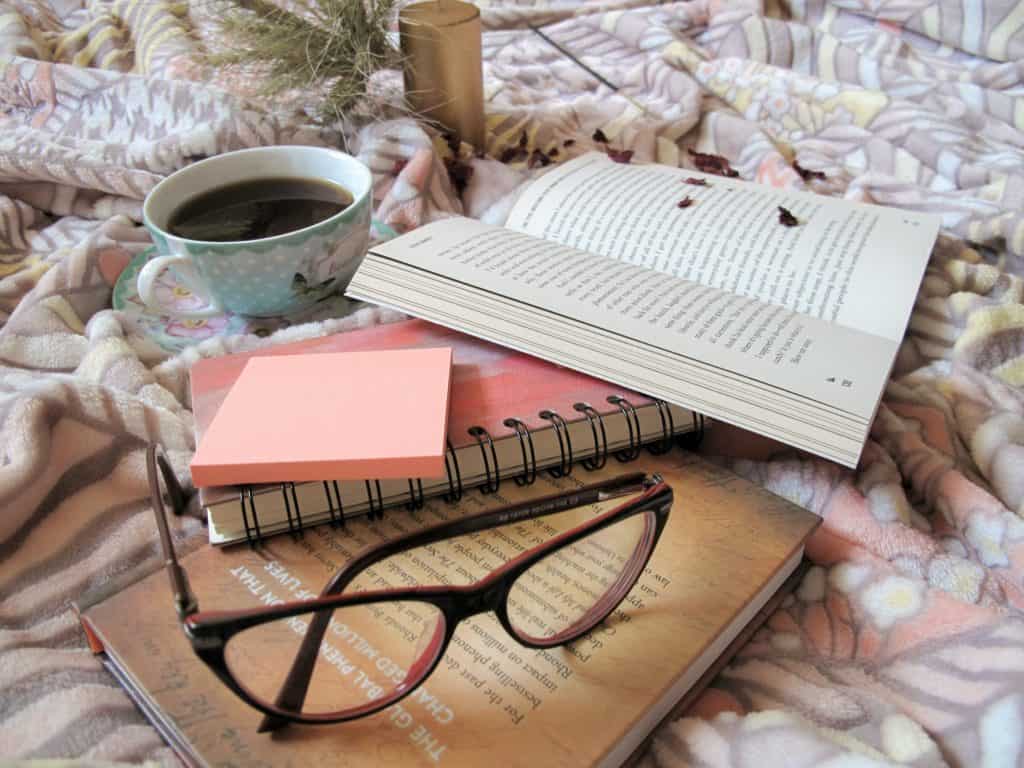
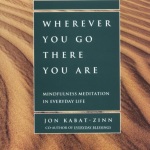
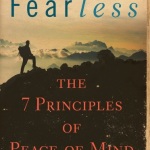
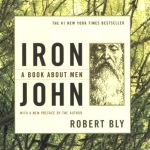
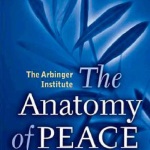
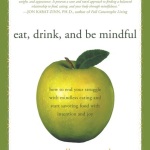
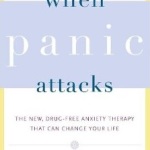
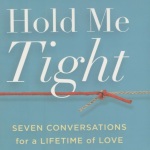
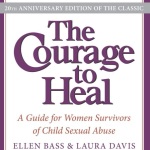
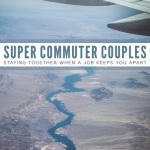
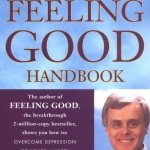
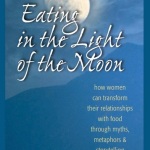
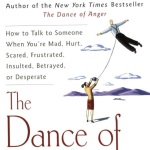
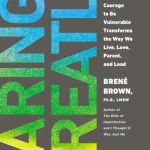
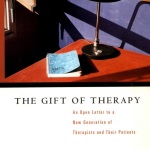
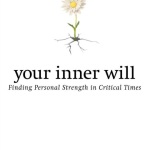
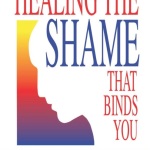
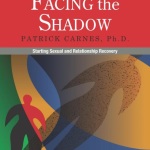
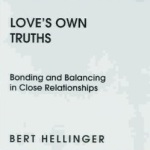
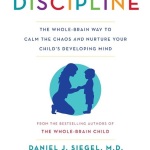



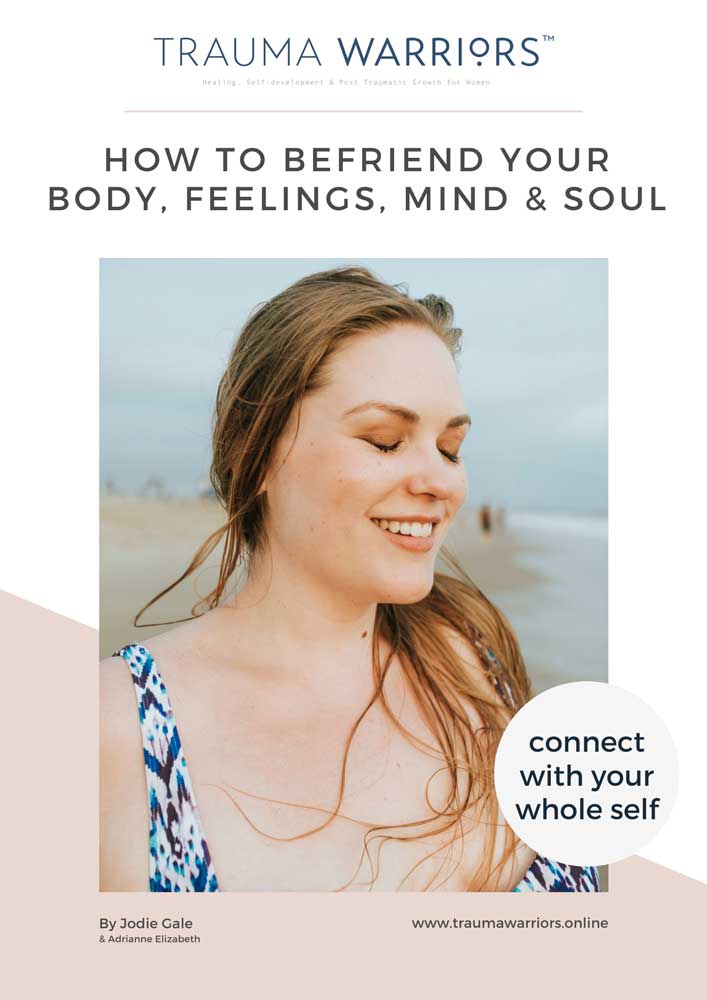


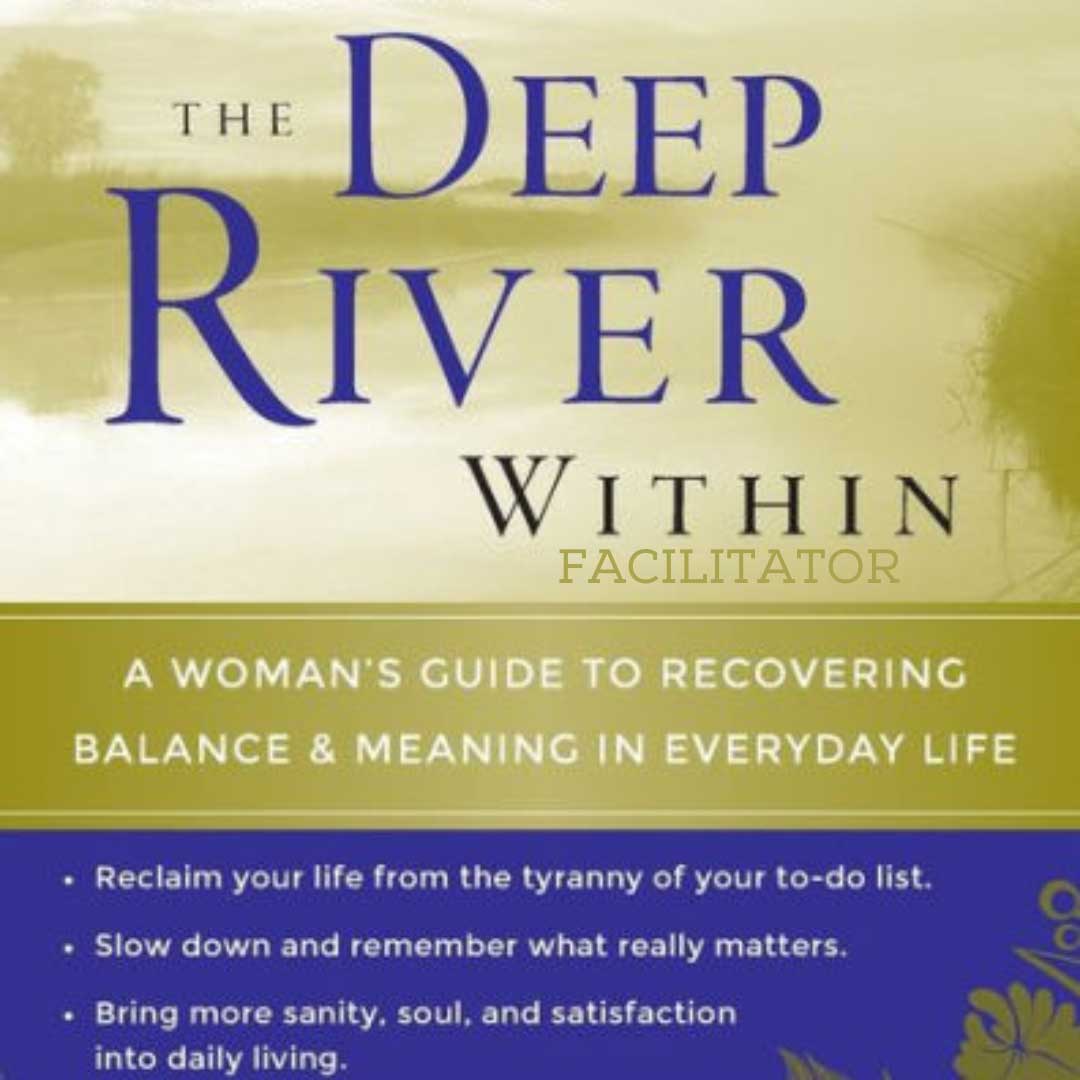
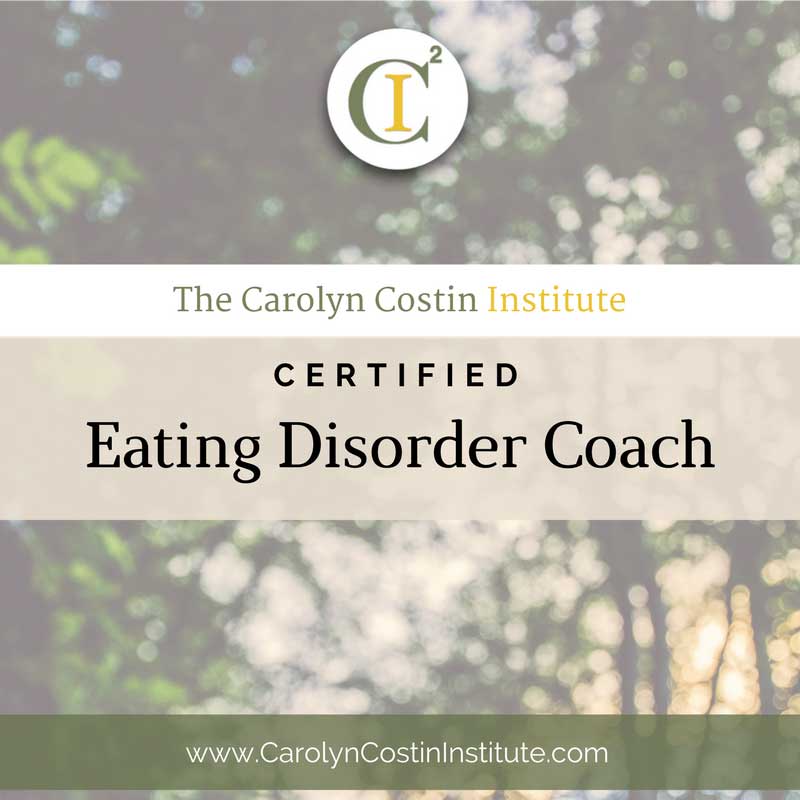
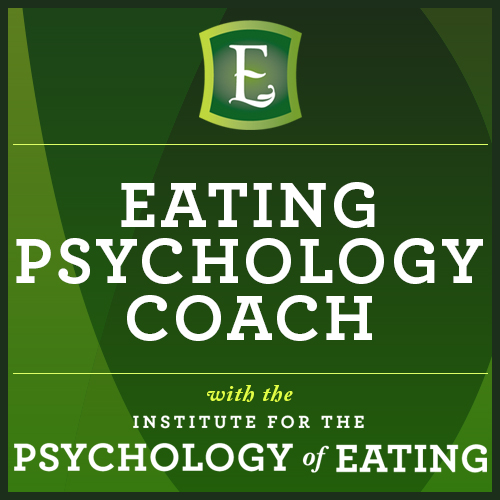
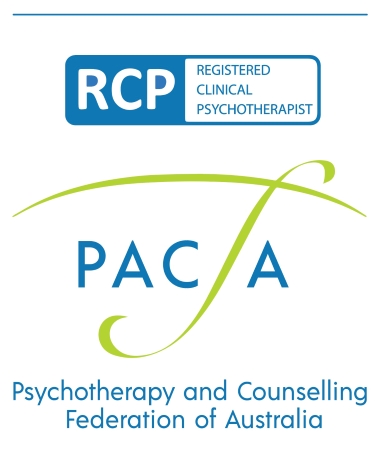
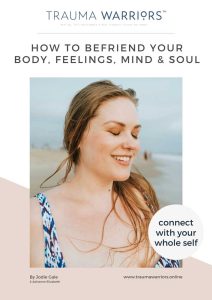
36 Responses
Another wonderful blog and resource list Jodie! So pleased to see Facing Heartbreak here as well :-). Thank you for supporting healing in the world!
Mari A. Lee, LMFT, CSAT-S
Sex Addiction Therapist
http://www.growthcounselingservices.com
What a great list! Another book I really value for myself, for family and friends, and for my clients, is ‘The Mindful Path to Self-Compassion’ by Christopher K. Germer. It’s a wise book, clearly written. He explains and demonstrates the power of self-compassion, and how we can develop a compassionate attitude in ourselves to become happier and calmer, enjoying more enriched, mutually compassionate and loving relationships with others. He also explains clearly why self-compassion is actually not selfish but in fact allows us to connect more compassionately with others, and be of more help to them. And it’s all grounded in science!
Yes, one of my favourites too 🙂
Will definitely put it on my to-read list Mari 🙂
This is a great list Jodie and happy to be a part of it. Now I have an extra long reading list :).
Another life changing read for me outside of the self-help genre is The Power of One by Bryce Courtenay. I read it first as a teenager and many times since. ‘the power of one, where I would learn that in each of us there is a flame that must never be allowed to go out. That as long as it burns within us, we cannot be destroyed’ (p.22). <3
Love. Love. Love this book! Might just take it away on my next holiday to re-read 🙂
Another great blog Jodie. The Road Less a Travelled is a timeless and wonderful book
Thanks Marcia 🙂
Another great one is Perfectionism: What’s So Bad About Being Good. Great for all ages.
Thanks Megan 🙂
WOW! What a wonderful collection of must read books! Thank you so much for doing this! Great resource!
Thanks Michelle!
Great list, Jodie! I’m adding several to my reading list.
thanks Sharon 🙂
I’ve got several of these books in my library. There are so many ways in which we each learn and develop. I love that you put a great resource list together! I’d love to a hot list of self-help books for particular topics- like depression, anxiety, eating disorders, sexual addiction, etc. It can not only help people in the world, but be a great reference for therapists in private practice and working in agencies!
Great idea re specific list Miranda. Julie gave a blog challenge on that – I’ve done one for women and one for EDs x Jodie
Great list, many of which I haven’t read yet. One that was powerful for me personally in my journey is “Feel The Fear And Do It Anyway.” A great book that focuses on the power we get from our own fear that allows us to be courageous.
Yes, I love that book too – one of my first self-help books!
Thanks everyone for a superb list. I’m pleased to have contributed to such an important resource for our clients and for us. Have some reading to do! 🙂
thanks for contributing Laura 🙂
What a wonderful list, Jodie! Thanks for putting it together, & for including my suggestion!
thanks Renee – love your vibe 🙂
Awesome list!!! Am I allowed to self-promote my self-help book? Dr. Deah’s Calmanac: Your monthly interactive guide for cultivating a positive body image. This book takes a month by month approach to transforming body hate into body appreciation and acceptance and I am told, it does so with a huge helping of humor.
thanks for adding your book Deah! x Jodie
Love the list and the different viewpoints about how these books have helped different individuals. Great work!
thanks Linda 🙂
What a fantastic list of books! Thank you for sharing these with your readers and I look forward to adding quite a few of these to my winter TBR list 🙂 I would like to recommend a book called “Mentor Me: GA=T+E: A Formula to Fulfill Your Greatest Achievement” by author Ken Poirot. This is a motivational self help book that really spoke to me on a personal level. It is obvious that the author intended this to reach out to people individually instead of just being a general guideline and I really enjoy that style of writing over the alternative.The book teaches you how to use your time effectively when looking to make a change in your life. There are also valuable tips about conflict resolution, figuring out your personality type and how that relates to other people, and I find that the more interactive a book is the more I enjoy it. The author has a way of reaching through the page and making the tips and strategies apply to your own life, which I also found really great. You can read an excerpt from the book on his website: http://www.mentormegate.com. I hope you will check it out
thanks for sharing Karen!
Have you read “Mentor Me” by Ken Poirot? I just finished it and saw this comment here which brought me to your blog. I LOVED it! Best self-help book I have read. I would love to hear your thoughts on it.
Will put on my to-read list as you are the second person to recommend!
I just finished a book entitled “Social Wealth” by author Jason Treu(http://beextraordinary.tv/) that I truly believe is life changing.. Jason Treu is a motivational speaker and coach who really knows how to connect with the reader. I really liked this book because unlike so many self help books that focus on one aspect of life (career, relationships, etc) this book has a plan to help master them all. The coolest part being that the “Social Wealth Mindset” plan applies to everything and can be used in every aspect of your life. By focusing so clearly on relationship building strategies, this book is a one stop shop for business, friends, family, love, and all other socially focused areas of our lives. This definitely deserves to be on the list
thanks for the suggestion Stacey!
Why do we do that and what to do about helps to understand human dynamics and change.
Thanks for this list. It looks great and now my reading list is queued up!
Great list, thank you! I blog about life-changing books and a lot of them naturally comes from the self-help and self-development area, and I just started my site so I need lots of inspiration on which blogs to include. I’ve heart the term “Wherever you go, there you are” a lot of times and it’s really powerful, so I think it’s time to explore the book!
I mean which *books to include of course….